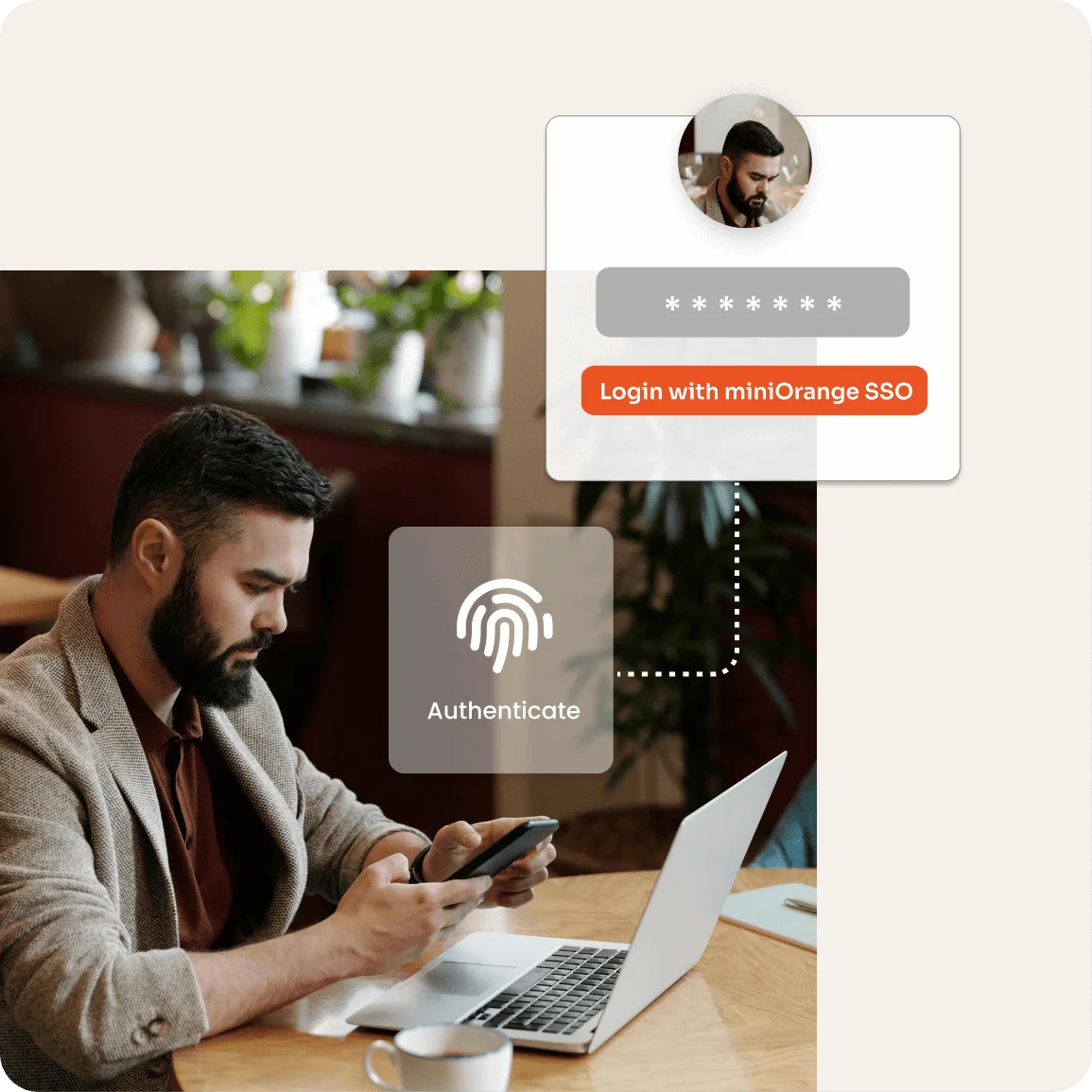Need Help? We are right here!
Search Results:
×HIPAA compliance ensures that healthcare entities and their business associates comply with to strict standards for the protection and secure handling of protected health information (PHI). Governed by the Health Insurance Portability and Accountability Act of 1996, HIPAA's framework includes Privacy, Security, and Breach Notification Rules to safeguard electronic health records, maintain patient privacy, simplify administrative processes, and improve insurance portability. Enforced by the Office for Civil Rights (OCR), HIPAA compliance is essential for protecting sensitive patient information, including medical history and financial details, making it a critical component of healthcare operations.
These are organizations directly involved in the healthcare industry, such as doctors' offices, hospitals, and health insurers. Essentially, any healthcare provider, insurer, or clearinghouse that manages health information in electronic form needs to follow HIPAA rules. They collect, store, and transmit sensitive patient data and must protect it according to HIPAA standards.
These are companies or individuals that perform services for covered organizations/individuals and handle health information in the process. This includes a wide variety of service providers like billing companies, IT support, data storage (both physical and cloud-based), and even lawyers or accountants who might access health information while providing their services. These associates must also secure any health information they use or access as part of their work.

Designate an individual or team to manage HIPAA compliance efforts.
Draft and maintain policies as per HIPAA’s Security and Privacy Rules.
Install administrative, physical, and technical safeguards to protect PHI.
Formulate contracts with vendors that comply with HIPAA standards.

Perform annual evaluations to identify and address vulnerabilities to ePHI.
Outline procedures for notifying affected individuals and authorities within 60 days of a PHI breach.
HIPAA has undergone several considerations for updates and changes that may soon be integrated into the law or provided as new guidance:

miniOrange provides robust cybersecurity solutions tailored to support the strict requirements of HIPAA compliance. Our suite of Identity and Access Management (IAM) tools, including Multi-Factor Authentication (MFA), Single Sign-On (SSO), and Privileged Access Management (PAM), is designed to secure and manage access to Protected Health Information (PHI).
The advanced compliance auditing tools, your organization can effortlessly monitor and enforce HIPAA guidelines. These tools support continuous compliance by providing real-time monitoring and alerts, ensuring that any deviations from the set standards are quickly identified and addressed.
The solutions integrate seamlessly with your existing systems, enhancing your ability to generate accurate compliance reports and utilize advanced analytics to reduce manual efforts and minimize errors. This integration helps maintain a comprehensive oversight of data protection measures and streamlines the process of adhering to HIPAA's regulatory requirements.
By choosing miniOrange, you equip your organization with the necessary tools to efficiently manage and safeguard patient information, ensuring HIPAA compliance through centralized authentication, granular access control, and robust data protection.

Years of Experience
Customers Worldwide
Customer Support
Cost Saved